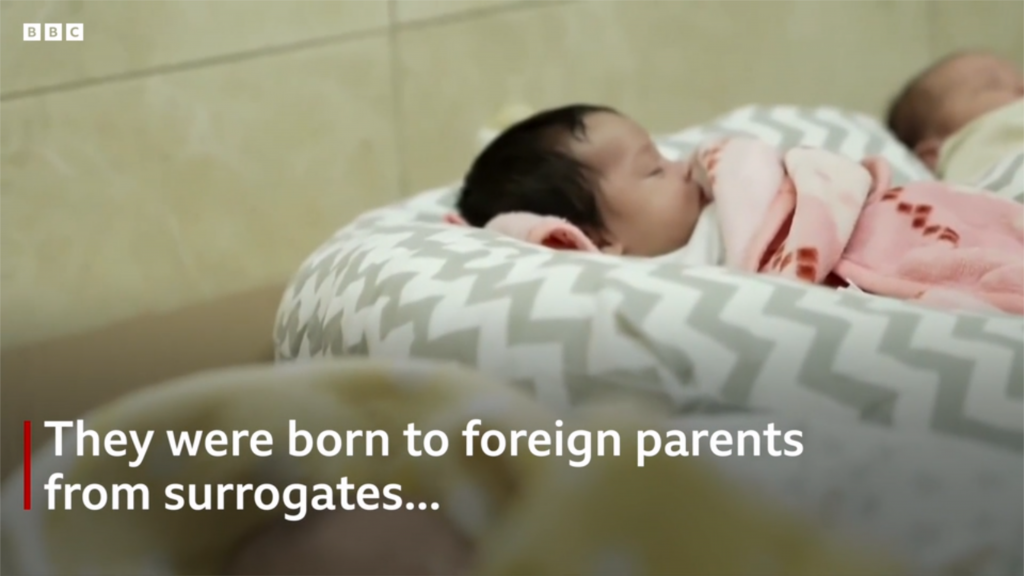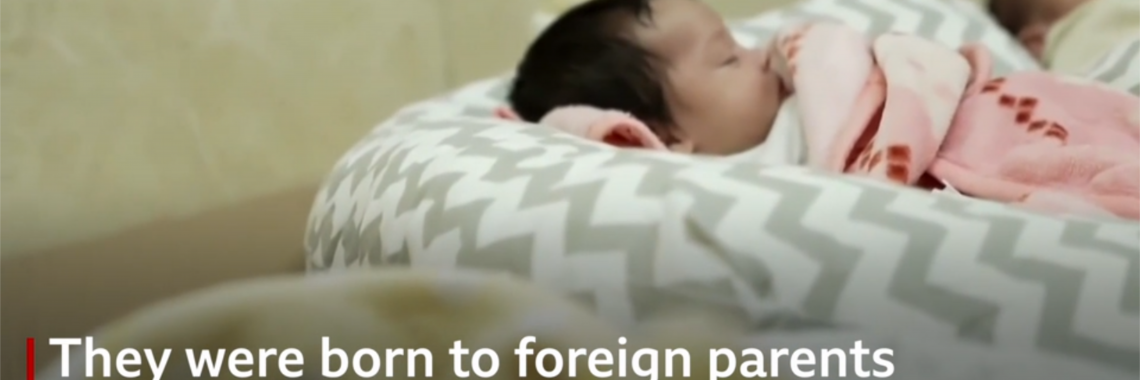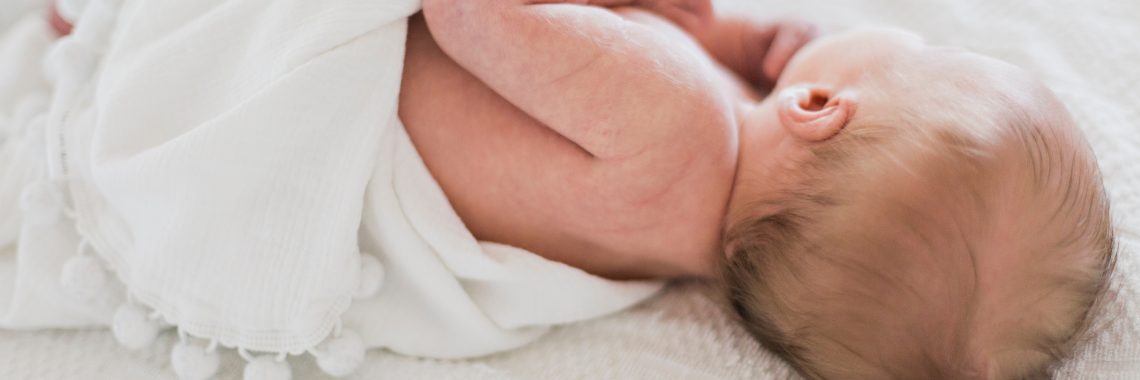Surrogate Babies Stranded in Kyiv Bomb Shelter Amid War

The BBC reported Wednesday that at least 21 babies born through surrogacy are stuck in a bomb shelter nursery in Kyiv while the war rages in Ukraine.
The story underscores yet another example of the unintended consequences tied to commercial surrogacy.
Unfortunately, commercial surrogacy is a big business in parts of eastern Europe and Asia. Couples from western nations can contract with companies — like BioTexCom in Ukraine — who hire women to bear children as surrogates.
In 2020, World News reported dozens of newborn babies born through commercial surrogacy were stranded in a Kyiv hotel due to COVID-19 travel restrictions.
Commercial surrogacy treats babies like products that people can buy or sell, and it treats women like commodities.
Many nations prohibit commercial surrogacy, because it is linked to the exploitation of women and children.
Unfortunately Arkansas’ commercial surrogacy laws are very lax.
Since 2017, Family Council has actively supported legislation to prohibit commercial surrogacy in Arkansas. So far that legislation has not passed.
Human beings are not products that can be bought or sold. That’s why Family Council opposes commercial surrogacy — and will continue to oppose it.
Articles appearing on this website are written with the aid of Family Council’s researchers and writers.



